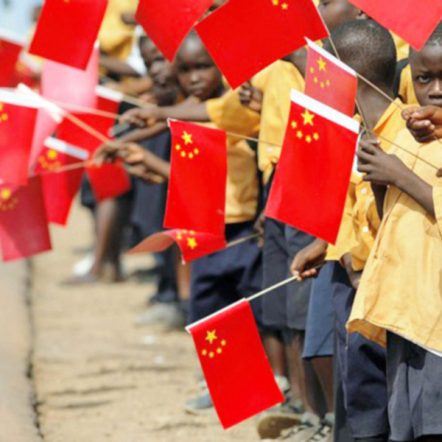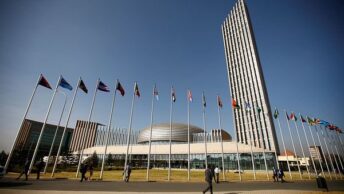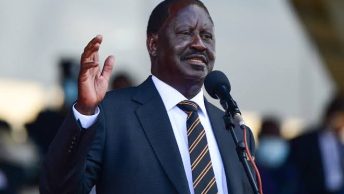The recent visit by the Chinese President to Rwanda, the first ever, speaks volumes about the strides Rwanda has taken to be on the world stage, having risen from the abyss following the genocide against Tutsi in 1994.
This visit was followed by the Indian PM, again an historic visit. Both countries comprise almost half of the world population of 7.6 billion people. The military of both countries is 3.4 million. Nothing to sneeze at.
China is the world’s second biggest economy, and India comes in sixth. What does all this mean, and what can Rwanda expect to gain.
The optics are good, needless to say, but more concretely Rwanda signed cooperation agreements with both countries that are noteworthy, especially in the fields of agriculture, science and technology, improving and modernizing our infrastructure, like building new roads, hospitals and schools.
China’s recent interest in Africa has been explosive, and worriesome to specialists who follow donor dollars in Africa. There is a big risk on relying on Chinese cash. It may seem free, with little strings attached, but a closer look reveals some troubling trends.
Africa knows very little about China, the latter never ever having colonial interests in Africa like France, Britain, Belgium, Portugal and Spain. Because of our dealings with these countries we know something about their ways, their culture and language, and one can argue that we are equipped to deal with their tricks and machinations, much as the evidence is to the contrary.
The Chinese are a very cultured and sophisticated people, with a civilization that is as old as time. Their language is difficult to master. Chinese medicine trumps Westtern medicine. Their political system is hard to comprehend, and does not follow any of the so-called Western norms that the Chinese find cumbersome.
Look at China’s investments in Djibouti, the last of Europe’s African colonies. China is the country’s biggest investor, and is planning to remake Djibouti as a staging post on President Xi Jinping’s flagship Belt and Road Initiative. In the past two years Beijing has lent Djibouti $1.4bn, more than 75% of its GDP.
In 2015 Djibouti, with a population of barely 1m citizens, and one of the continent’s smallest populations, was Africa’s fifth-biggest recipient of Chinese credit.
Rex Tillerson, a former American Secretary of State aptly warned that Chinese deals could undermine sovereignty. I concur.
In 2016 China owned 82% of Djibouti’s external debt. The Chinese expect to be repaid in cash, or in kind. This should be cause for concern, for all concerned, and those getting ready to tango with China.
Sri Lanka is an example that should worry whoever deals with China. Because of its indebtedness to the Chinese, government last year handed over one of its ports to China — a troubling precedent. Commenting on this, the Sri Lankan Minister of Finance, absurdly said, “Our sovereignty is non-negotiable.”
Simply put, the dependency of an earlier era has been replaced by a more subtle kind.
Nothing is more instructive than Chinese proverbs. And one says, “ Men of different principles don’t work well together.”
Africa would gain much by first learning more about China, their ways and trading tactics, and more importantly, their culture. A Chinese proverb says, “ To know a fish go to the water; to know a bird’s song go to the mountains.”
This is my opinion. What is yours?







